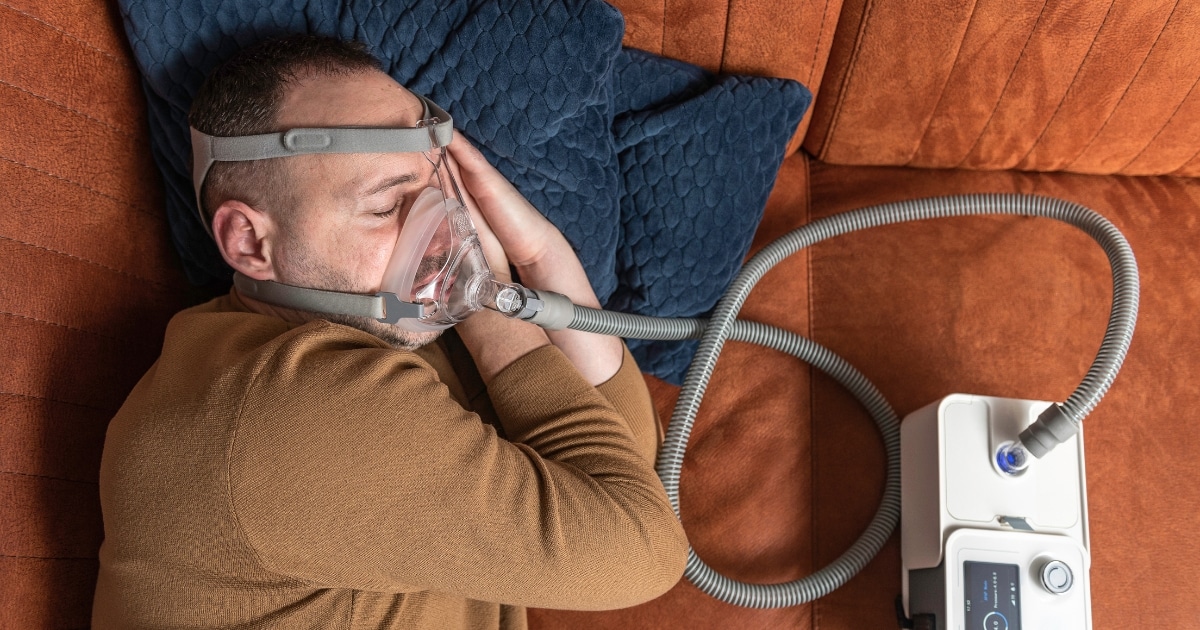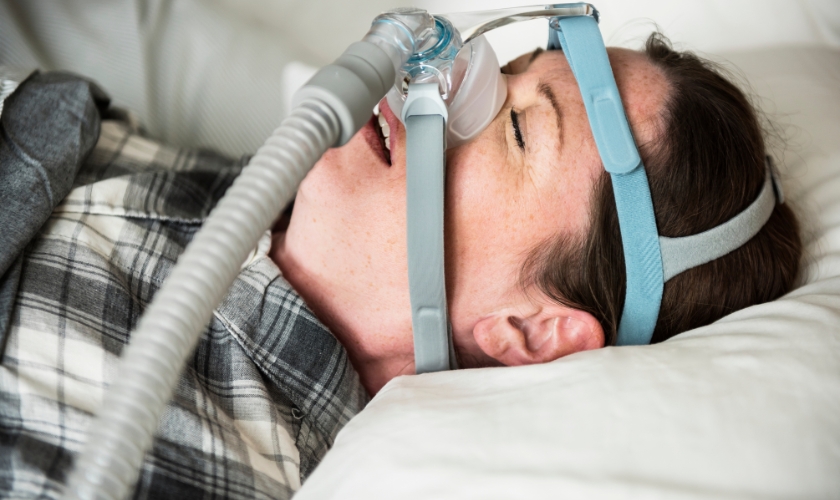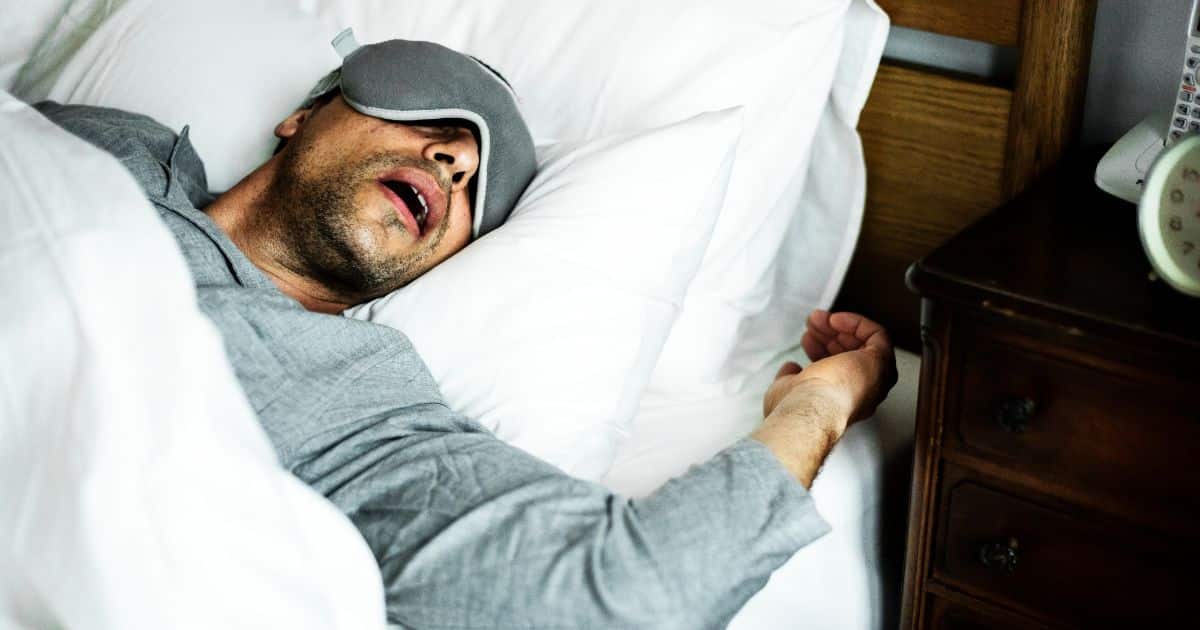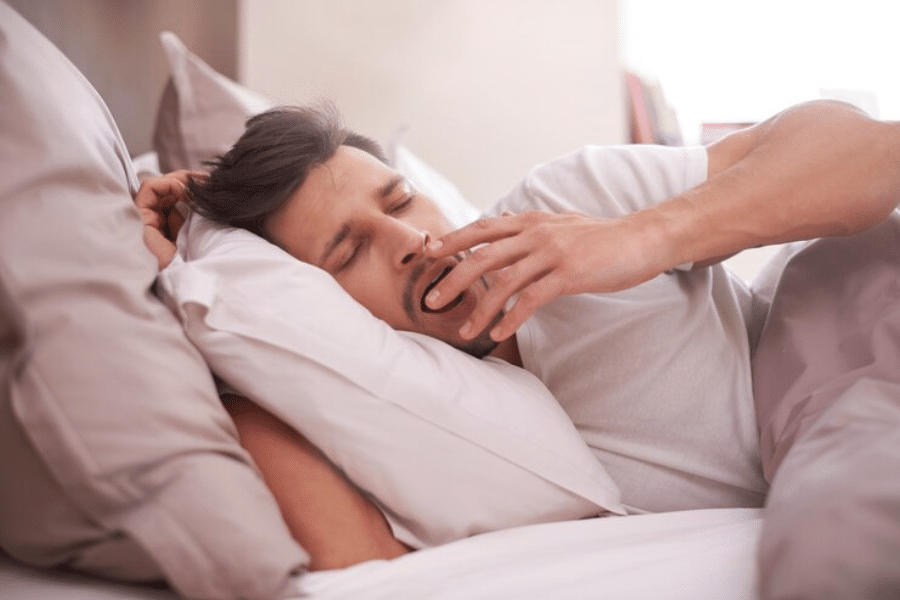
Are you waking up exhausted no matter how much rest you get? You may be experiencing sleep apnea, a disease that disrupts breathing during sleep. Your body may be gasping for air without you realizing it.
Additionally, this condition is not simply about snoring; it’s about your body struggling to receive the required amount of air. Read this blog to find out more about the symptoms and how it can impact your health in the long term.
Loud, Chronic Snoring
Not everyone who snores has this sleep disorder, but if your snoring is loud and frequent and is accompanied by sounds of choking or gasping, that’s alarming. Your airway may be blocked, causing you to wake up for a short time (often unconsciously) before you go on to sleep again.
Waking Up Gasping or Choking
Have you ever stopped breathing in your sleep? Take this matter seriously. These pauses are not just annoying; they are signals that your airway is shutting down while you are asleep.
Chronic Fatigue, Regardless of How Much You Sleep
Ever feel more tired after waking than you did when you went to bed? Sleep apnea disturbs your deep sleep, preventing your body from recharging fully. Even if you spend eight hours in bed, you may not sleep well.
Persistent Morning Headaches
Waking up to a throbbing headache? Lack of oxygen during sleep can cause your blood vessels to expand, leading to those annoying morning headaches. They often fade as the day goes on.
Difficulty Concentrating and Memory Issues
Sleep apnea might make you forgetful and even give you mood swings. You might also have shard time focusing on your daily tasks. If your brain feels like it’s running on fumes, bad-quality sleep might be the reason.
High Blood Pressure
When your breathing stops and resumes during the night, your heart has to work much harder than usual. Eventually, this added strain can increase your blood pressure, thus becoming a silent risk factor for heart disease.
Morning Dry Mouth or Scratchy Throat
You may wake up with a sore throat or dry mouth. This could be due to breathing through your mouth at night, which affects your nasal flow. If this continues, then you need to visit a dental professional for an evaluation.
Frequent Bathroom Trips at Night
Do you find yourself getting up repeatedly during the night to use the bathroom? This sleep disorder can trigger a hormonal response that causes your body to create excess urine at night.
Mood Swings and Irritability
Bad sleep can leave you short-tempered and irritable. If you find yourself screaming at loved ones or excessively sad, interrupted sleep might be the culprit.
Weight Gain Without Reason
This specific condition often results in unexplained weight gain. Bad sleep messes with your hunger hormones, making you crave unhealthy foods and slowing down your metabolism. It’s a cycle that’s difficult to escape without the right treatment.
When Should You Visit A Dentist For Treatment?
If any of these warning signs ring a bell, don’t dismiss them. Sleep apnea can have serious consequences, but the good news is that treatments are available to help you overcome this condition and its effects.
Although surgery is an option, there are a number of dental procedures and tongue-stabilizing devices that can assist you in overcoming this condition without feeling severe discomfort.
Do you need more professional assistance? Contact us today for a consultation!


